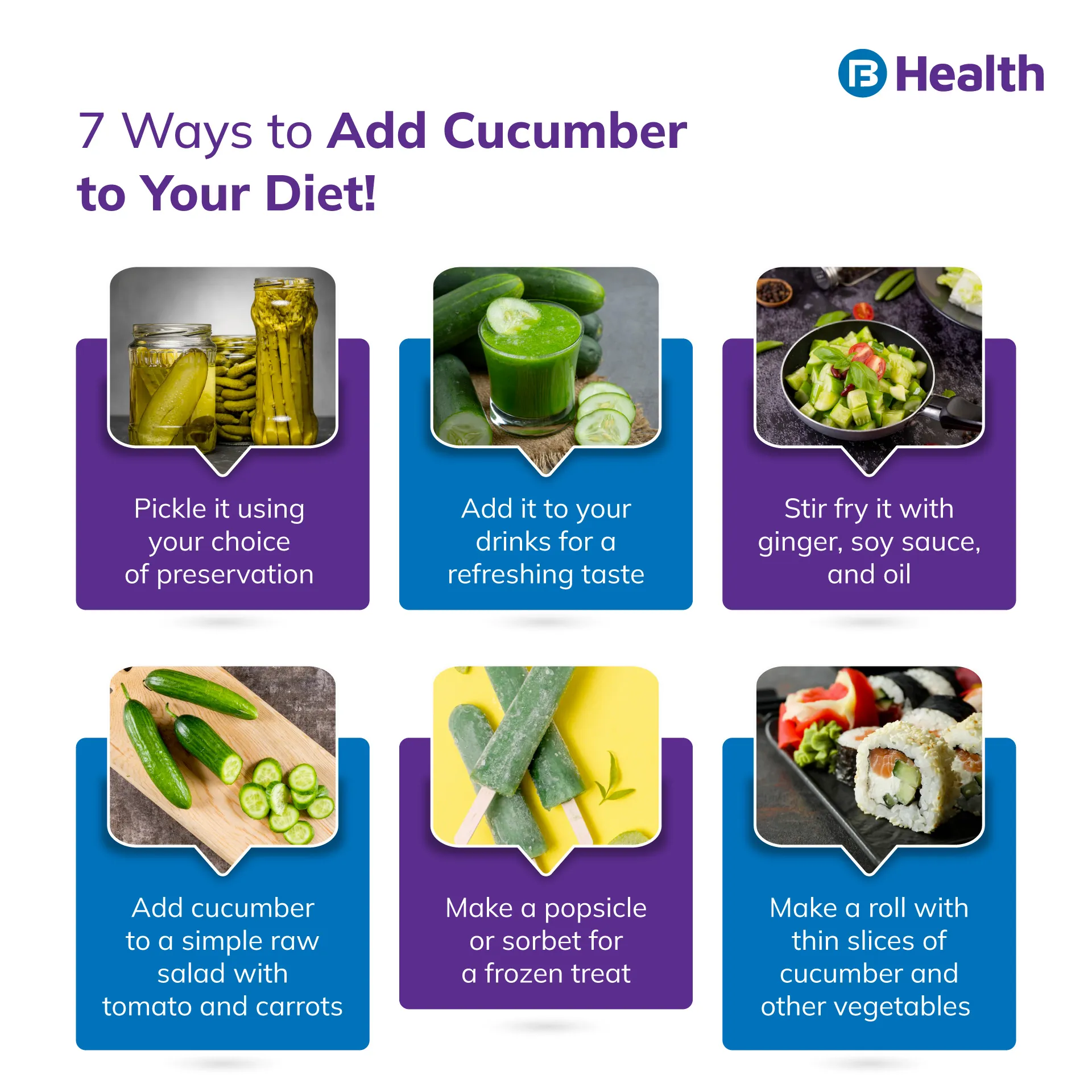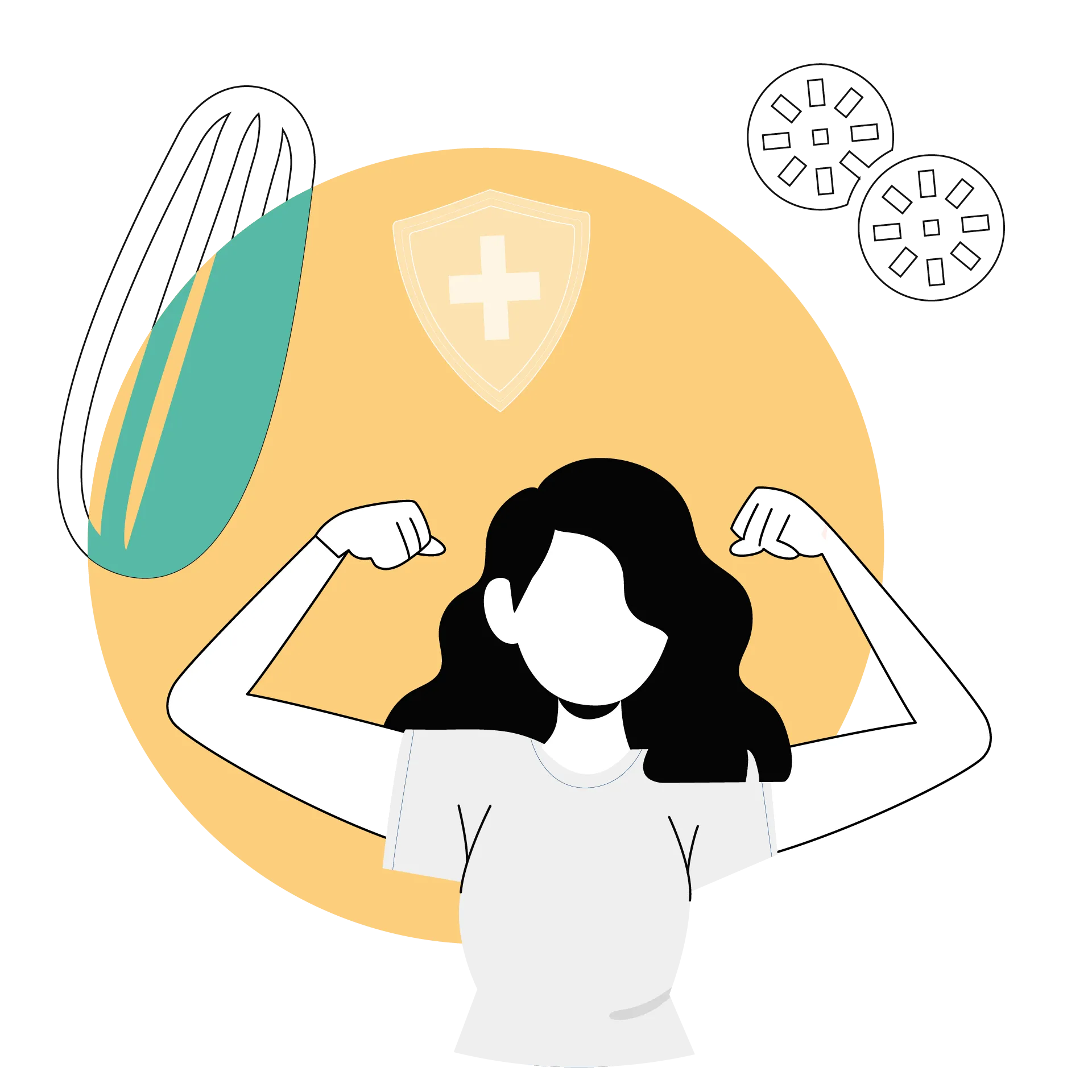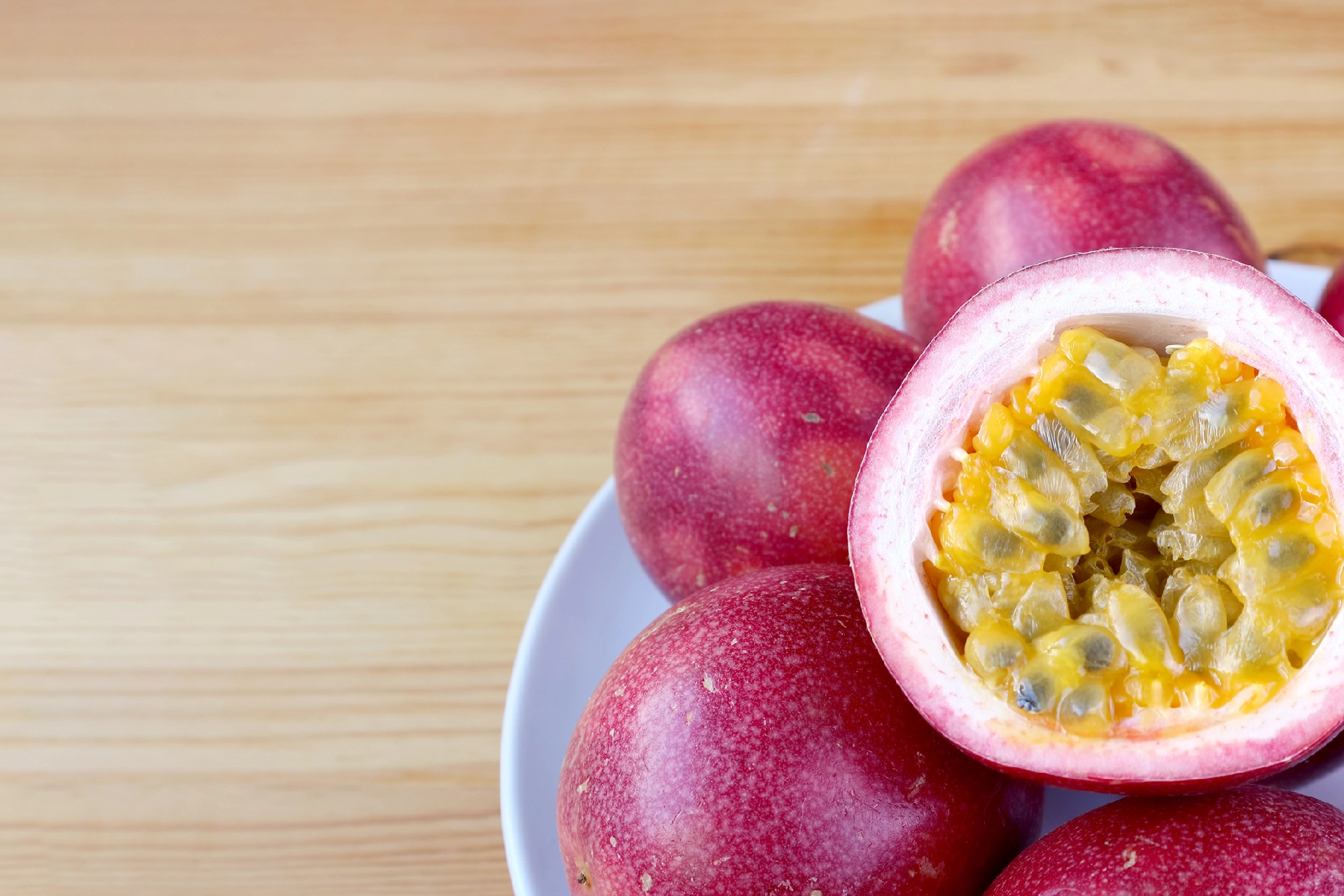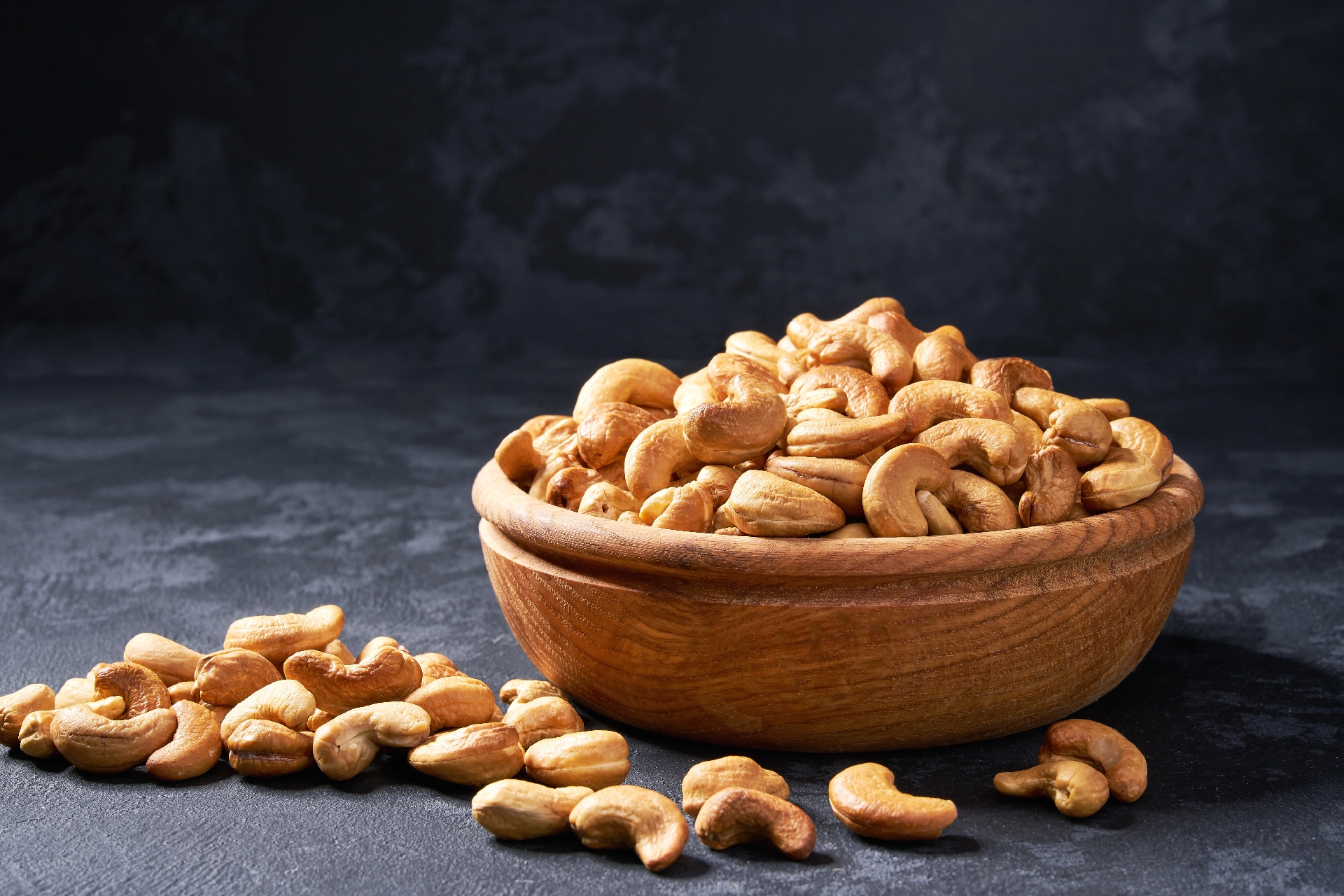General Physician | 9 min read
Health Benefits of Cucumber with its Types and Uses
Medically reviewed by
Table of Content
Key Takeaways
- Part of the Cucurbitaceae family, cucumber has a number of health benefits
- Cucumber benefits include improving high cholesterol and dissolving kidney stones
- Along with low calories in cucumber, you get Vitamin K, C, and fiber
Unlike the popular notion, cucumber is not a vegetable but a fruit! Belonging to the Cucurbitaceous family, it offers many health benefits. Cucumber benefits are low in calories, cholesterol, sodium, and fat. Cucumber has high water content and a refreshing taste that makes them a popular addition to a meal. The water and soluble fiber present in it also help promote gut health and hydration.
Read on to get a brief insight into cucumber nutrition facts, cucumber benefits, and more.
Nutritional Facts of Cucumber
Here is the nutritional value of 100 grams of raw cucumber with peel [1].
- Vitamin K – 8.5 mcg
- Potassium – 76.4 mg
- Vitamin C – 1.5 mg
- Calories – 8
- Sodium – 1 mg
- Fat – 0.1 g (unsaturated)
- Sugar – 0.9 g
- Fiber – 0.3 g
- Protein – 0.3 g

Cucumbers Types
There are two types of cucumbers that most people generally use in their day-to-day life. They are:
Slicing Cucumbers
The slicing cucumbers are also called English cucumbers, seedless cucumbers, greenhouse cucumbers, or European ones. These cucumbers typically have smooth skin and can reach lengths of 12 inches or more. However, there are variations with less cucurbitacin, a plant chemical known as "burpless" varieties. These cucumbers usually have smooth skin and can reach lengths of 12 inches or more. In addition, some variations are low in cucurbitacin, a phytochemical known as burpless varieties.
These cucumbers are among the most adaptable in the kitchen because of their excellent crunch and tiny, almost perceptible seeds. Additionally, since the skin is typically not bitter, there is no need to peel them.
Pickling Cucumbers
The pickling cucumbers are used to make pickles which are fairly small. They range in length from 3 to 7 inches, and their skin often has ridges and thorns.
Health benefits of Cucumbers
Helps Regulate Blood Pressure
Cucumbers are an excellent source of potassium, magnesium, and fibre, which help regulate blood pressure. These nutrients can lower blood pressure, thus reducing the risk of heart disease.
According to research, drinking cucumber juice regularly can assist hypertensive older persons in lowering their blood pressure. [1]
Cucumber helps maintain good eye health
Cucumbers can have a soothing and refreshing effect on the eyes, making them an excellent natural remedy for tired, puffy eyes. Placing slices of cucumbers on your closed eyes for about 10-15 minutes can help reduce inflammation and promote relaxation.
In addition to their hydrating properties, cucumbers also contain antioxidants, flavonoids, and other nutrients that can help protect the eyes from damage caused by free radicals and UV rays. These nutrients include vitamin C, beta-carotene, and manganese, essential for maintaining healthy vision.
Furthermore, cucumbers are an excellent source of vitamin K, a crucial nutrient in blood clotting that can help improve blood circulation around the eyes. By improving blood flow, vitamin K can help reduce the appearance of dark circles and puffiness around the eyes.
Cucumbers work great for hair and nails
Cucumbers are a rich source of silica, a mineral essential for hair and nail health. Silica is known to promote the production of collagen, which is vital for maintaining the strength and elasticity of hair and nails. Therefore, consuming cucumbers regularly can help improve your hair and nails' overall appearance and health.
In addition to silica, cucumbers are also loaded with vitamins and minerals that can benefit your hair and nails. For example, they contain vitamin C, which is essential for producing collagen and can help prevent hair breakage and split ends. Cucumbers also contain biotin, a B vitamin essential for healthy hair growth and can help strengthen nails.
Benefits of Cucumber
1. Promotes Hydration
Water is important because of the vital role it plays in ensuring proper body functions. Staying hydrated not only improves your physical abilities, but also your metabolism. Cucumber has a high amount of water, making it a great to keep yourself hydrated. Cucumber benefits to replace the water and electrolytes that your body needs after a workout.
2. Aids in Weight Loss
There are a few different reasons as to why cucumbers may help you lose weight. Not only are the number of calories in cumber low, but it also has a high water content. This dual cucumber benefit helps you lose weight [2].
3. Supports Bone Health
Cucumber is a rich source of calcium. Cucumbers benefit in eliminating the risks associated with low bone density. It also contains vitamin D that is important for your bone health. Its vitamin K content helps improve calcium absorption, which enhances the repair of bone muscles. Make sure that your intake of these vitamins are as per dietary guidelines to avoid any side effects.
4. Prevent Cancer
Cucumber contains cucurbitacin. The magnitude of cucurbitacin’s wide ranging pharmacological bioactivities first gained attention in the 1960s. This bitter tasting nutrient may help inhibit the reproduction of cancer cells [3]. Other than this, you also find fiber in cucumber. Fiber may help protect you against colorectal cancer. Overall, consumption of cucumbers benefits helps stop the growth of cancer cells and restore damaged cells.
5. Reduces Chronic Inflammation
Inflammation is a natural response of your immune system. But chronic inflammation can lead to various health conditions. Cucumbers can help protect you from health conditions caused by inflammation. It contains a good number of anti-inflammatory properties such as phytonutrients that can help reduce inflammation. Apart from this, it also contains tannins and flavonoids. These can help fight oxidative stress that may cause inflammation.
6. Improves Gut Health
The carbohydrates present in cucumber are easy to digest making it good for your gut health. It also contains probiotics that help boost your gut bacteria. The soluble fiber, pectin, helps increase the frequency of your bowel movement. Pectin speeds up the intestinal muscle movement. It also feeds the healthy gut bacteria which help improve your gut health [4]. Other than this, the water content helps maintain regularity and prevent constipation.

7. Boosts Heart Health
Fiber can help manage high cholesterol and prevent heart conditions. Cucumbers also have potassium and low sodium content. Both of these can help prevent high blood pressure [5]. Cucumber is also known for its antioxidant properties that reduce oxidative stress, which lowers the possibility of developing heart conditions.
8. Keeps Kidney Healthy
Cucumber is one of the top vegetables that can keep your kidneys healthy. By helping them flush out unnecessary compounds from your blood, it lowers the uric acid levels in your body. Cucumber benefits in dissolving small kidney stones.
Uses
Cucumbers can be advantageous for your diet in a variety of ways. It keeps the body healthy and functional, lowers blood pressure, avoids constipation, lowers the danger of kidney stones, and gives you a radiant, beautiful complexion.
Cucumbers are high in water content, so they help you stay hydrated. Plus, the fibre boost they give helps you stay regular and avoid constipation.
Vitamin K strengthens bones and aids in blood clotting. Vitamin A has several roles, such as assisting with eyesight, the immune system, and reproduction. In addition, it ensures that organs such as the heart, lungs, and kidneys are working properly.
Cucumbers' beta carotene and other antioxidants can help your body fight off free radicals, which are unpaired electrons that can harm cells and cause disease.
Recipes
Kachumber Salad
This is a simple dish of chopped veggies that is refreshing to eat when given together with meals. It is also recommended as a summer snack.
Ingredients:
- Finely Chopped Onions – 1 medium-sized
- Finely Chopped Tomatoes – 2
- Finely Chopped Cucumbers- 2 to 3
- Coarsely chopped Mint Leaves- ¼ cup
- Coarsely chopped Coriander Leaves- ¼ cup
- Lemon Juice- 1 teaspoon
- Rock Salt or Soft Salt- as required
- Cumin Powder- ½ teaspoon (optional)
- Chili Powder- optional
- Lemon slices – optional
Directions:
- Add the finely chopped onions, tomatoes, cucumbers, and mint leaves to a mixing bowl
- Now add some salt, chilli powder, and cumin powder in the required amounts
- Now, add some fresh lemon juice
- Add some slices and coriander leaves for garnish
- Serve immediately
Raita with Cucumber
In India, this nutritious dish is frequently served as a dip for other fatty dishes. This helps in staying hydrated in high heat.
Ingredients:
- Grated Cucumbers- ½ cup
- Cumin Powder- 1 teaspoon
- Plain Curd- 1 cup
- Red Chili Powder – ½ teaspoon
- Fresh Coriander Leaves (Coarsely chopped)- 2 tablespoons
- Fresh Mint Leaves (Coarsely chopped)- 2 tablespoons
- Salt – as required
Directions:
- Take the plain curd in a mixing bowl and whisk it completely (if the curd is cool)
- Now add the grated cucumber to the curd mixture and mix it
- Add some cumin powder, chili powder, and salt in the required amounts
- Now add the freshly chopped coriander leaves and mint leaves
- Serve this delicious dish with any the fried rice or any other delicious dishes
Cucumber Cooler
This is a drink that helps in cooling your body and hydrates you while also cooling your body.
Ingredients:
- Cucumber cubes- 2 cups
- Water – 3 cups
- Mint Leaves – 1 cup
- Lime Juice – 1 teaspoon
- Salt- ¼ teaspoon
- Crushed Black Pepper- ¼ teaspoon
- Chat Masala- 1 teaspoon
- Cumin Powder – 1 teaspoon
Directions:
- Take the mint leaves and lime juice into a blender
- Now add some water to the blender
- Now filter the juice in a serving glass
- Add some crushed black pepper, chat masala, cumin powder, and salt in the required quantities
- Now add some more mint leaves for garnish
- Add some ice cubes for cooling
- Serve when it is cold
As a Salad
A cucumber salad is one of the most common ways to include this fruit in your diet. Just add it to chopped veggies along with a dash of salt, pepper and olive oil for a refreshing and healthful dish!
In a Sandwich
You can have a cucumber sandwich as a snack or as a whole meal. It is traditionally made by putting thin slices of cucumber between slices of bread along with a yogurt spread, cottage cheese and other veggies.
In a Drink
There are various drinks that you can make with cucumber such as a healthy smoothie, a lemonade, or even a cold soup. Add it to your bottle of water for a cool drink you can sip through the day in the summer!
Additional Read: Energy Boosters DrinksWhat are the side effects of Cucumbers?
There is a lack of information about the side effects of cucumber juice. But various fruits and vegetables may cause different reactions in different people. Contact your healthcare practitioner immediately if you feel uncomfortable or notice any adverse effects after consuming or using cucumber juice.
Conclusion
Now that you know the cucumber benefits, be sure to include it in your diet. To get the right advice on your dietary goals or to address any symptoms of high BP, heart or kidney health, contact a doctor. Book online consultation on Bajaj Finserv Health to get answers from top practitioners. They can help guide you on how to address and manage any areas of concern. This way, you can start taking effective measures for your health.
References
- https://fdc.nal.usda.gov/fdc-app.html#/food-details/168409/nutrients
- https://www.ncbi.nlm.nih.gov/pmc/articles/PMC4848697/
- https://www.ncbi.nlm.nih.gov/pmc/articles/PMC3612419/
- https://pubmed.ncbi.nlm.nih.gov/25623312/
- https://www.heart.org/en/health-topics/high-blood-pressure/changes-you-can-make-to-manage-high-blood-pressure/how-potassium-can-help-control-high-blood-pressure#.WeoQihNSz_R
- https://rjptonline.org/HTMLPaper.aspx?Journal=Research%20Journal%20of%20Pharmacy%20and%20Technology;PID=2018-11-7-36
Disclaimer
Please note that this article is solely meant for informational purposes and Bajaj Finserv Health Limited (“BFHL”) does not shoulder any responsibility of the views/advice/information expressed/given by the writer/reviewer/originator. This article should not be considered as a substitute for any medical advice, diagnosis or treatment. Always consult with your trusted physician/qualified healthcare professional to evaluate your medical condition. The above article has been reviewed by a qualified doctor and BFHL is not responsible for any damages for any information or services provided by any third party.





